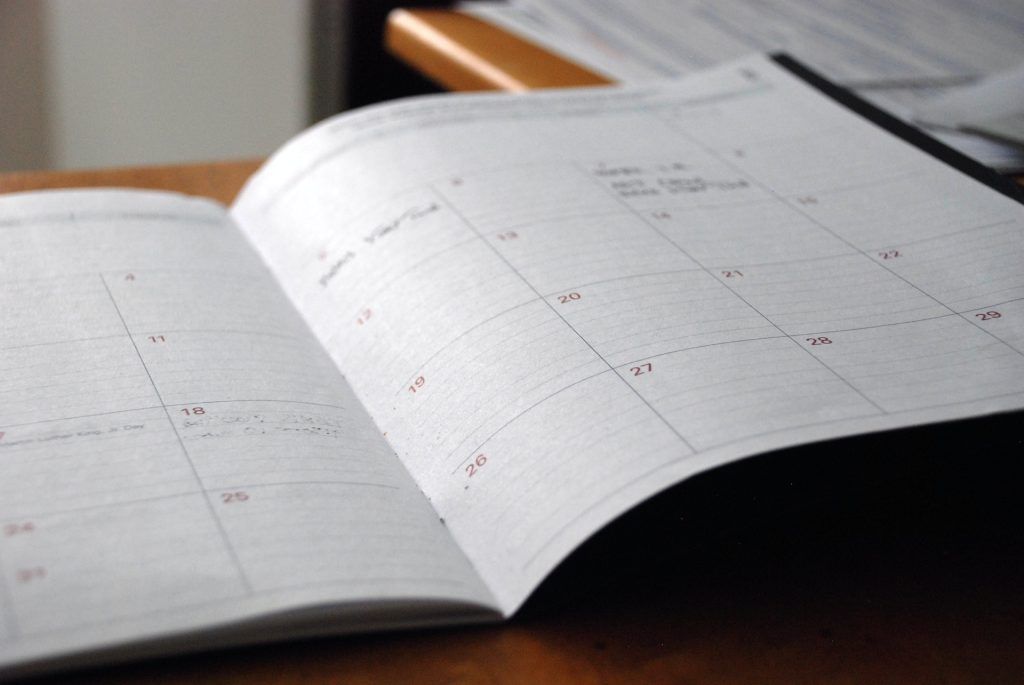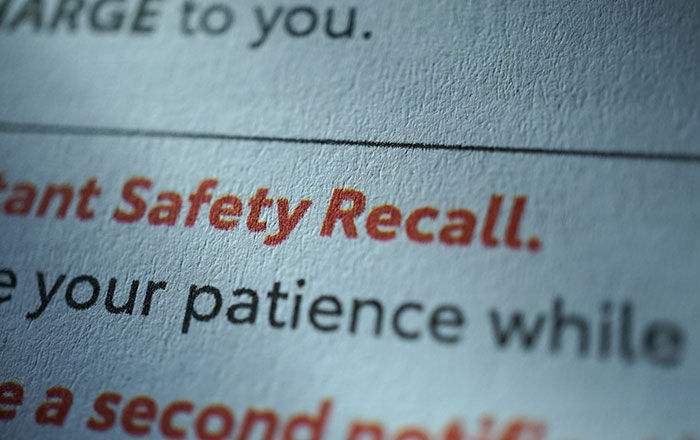
The aftermath of a car accident can be a challenging and overwhelming time. In the days following a collision, it is essential to take certain steps to protect your well-being, ensure the preservation of evidence, and handle insurance claims effectively. The decisions you make during this critical period can have a significant impact on the resolution of your case and your physical and emotional recovery. In this comprehensive guide, we will walk you through what to do in the days following a car accident, helping you navigate the aftermath with care and caution.
- Prioritize Your Health and Well-being
Your health and safety should be the top priority in the days after a car accident. Even if you don’t feel immediate pain, some injuries, such as whiplash or soft tissue injuries, may not manifest symptoms until later. Follow these steps to prioritize your health:
- Seek Medical Attention: If you haven’t already done so, see a doctor for a thorough medical evaluation. This is essential even if you believe your injuries are minor. A medical examination will identify any hidden or underlying injuries and ensure you receive appropriate treatment.
- Follow Medical Advice: Follow your doctor’s recommendations for treatment and recovery. Attend follow-up appointments, take prescribed medications, and adhere to any physical therapy or rehabilitation plans.
- Rest and Recover: Give your body the time it needs to heal. Avoid strenuous activities that may exacerbate your injuries.
- Document and Preserve Evidence
Preserving evidence is crucial for insurance claims and potential legal actions. Here’s what you should do in the days following the accident:
- Keep Records: Maintain a file with all records related to the accident, including medical reports, repair estimates, invoices, and any communication with insurance companies or other parties involved.
- Photograph Injuries and Property Damage: Continue to photograph any visible injuries and the damage to your vehicle. These images serve as valuable evidence.
- Preserve Your Vehicle: Do not have your vehicle repaired until you have documented all damages and received clearance from your insurance company or legal counsel. Repairs may be needed for the insurance claim process and potential litigation.
- Retain Contact Information: Keep contact information for any witnesses you spoke to at the scene. Their statements may prove valuable later in establishing liability.
- Notify Your Insurance Company
Promptly notify your insurance company about the accident. Provide them with accurate information about the collision, and follow their instructions on providing documentation and cooperating with their investigation.
- Cooperate, But Be Cautious: Anything you say may be used against you in the claims process.
- Review Your Policy: Familiarize yourself with your insurance policy and understand the coverage you have. This will help you make informed decisions during the claims process.
- Consult with a Personal Injury Lawyer
In cases involving injuries, disputed liability, or complex insurance issues, it is advisable to consult with a personal injury lawyer. An experienced attorney can provide valuable guidance, protect your rights, and advocate on your behalf for fair compensation.
Be sure to bring all necessary documentation when meeting with your attorney, as they will need this information to do the best job possible for you. Once they have the full picture, they will evaluate your case and the extent of your damages, and guide you on the best course of action. They will also handle all communications with insurance adjusters to ensure your rights are protected and that you receive fair compensation.
- Be Cautious with Social Media
Avoid posting about the accident or your injuries on social media platforms. Insurance companies and defense attorneys often monitor claimants’ social media accounts for information that can be used against them. Refrain from sharing details or photos that could be misconstrued and may harm your case.
Even innocent photos can be used against you to create a false narrative. For instance, a picture might show you smiling at a restaurant with friends, when in reality you had to go home five minutes after the photo was taken because you were in pain. The other side’s insurance company will be looking at your social media accounts and will latch onto any opportunity to minimize the extent of your injuries, so think twice before pressing the “share” button.
- Keep a Journal
Maintain a journal to document your physical and emotional experiences following the accident. This journal can serve as a valuable record of your pain, suffering, and the impact of the accident on your daily life. Here are some things you should include:
- Record Physical Symptoms: Document any pain, discomfort, or limitations you experience due to your injuries.
- Emotional Impact: Note any emotional distress or mental health challenges you may be facing as a result of the accident.
- Daily Activities: Describe how your injuries have affected your ability to perform everyday tasks or participate in activities you enjoyed before the accident.
- Handle Insurance Adjuster Interactions with Caution
If you have an attorney, they will take care of the communication with your insurance company. If you choose to represent yourself, you will need to be extremely careful with your words when you speak to insurance adjusters. In addition, you’ll want to:
- Avoid Accepting Quick Settlement Offers: Insurance companies may offer a quick settlement to resolve your claim. However, this initial offer is often lower than what you may be entitled to. Consult with your attorney before accepting any settlement.
- Refuse to Provide Recorded Statements: Refrain from providing recorded statements without consulting your attorney. Recorded statements can be used against you in the claims process.
- Do Not Admit Fault: Avoid admitting fault or making any statements that could be construed as an admission of guilt.
- Follow Legal Timelines
If you decide to pursue a legal claim for compensation, be aware of the statute of limitations, which is the time frame within which you must file a lawsuit. Failing to meet these deadlines may result in the loss of your right to seek compensation. If you hire a personal injury lawyer to represent you, they will make sure that all paperwork is appropriately completed and filed on time.
Conclusion
The days following a car accident are critical for ensuring your well-being, preserving evidence, and protecting your legal rights. By taking these steps in the days following a car accident, you can navigate the aftermath with care and caution, ensuring that your rights are protected and that you receive fair compensation for your injuries and damages.
If you are in need of a lawyer following a South Carolina car accident, contact McWhirter, Bellinger & Associates for a free case evaluation. We’ve been representing accident victims for more than four decades, and we have the skills and experience necessary to achieve great outcomes.
Although you are not required to obtain a lawyer for a personal injury claim in South Carolina, many accident victims find that doing so results in a less stressful experience with higher payouts. Our lawyers have the toolkit needed to achieve great results, and we know how to fight hard against the other side. We settle most claims outside of court, but we are always prepared to argue your case in front of a judge and jury if necessary.
We have seven offices across the Midlands of South Carolina, in Aiken, Camden, Columbia, Lexington, Newberry, Orangeburg, and Sumter. Give us a call today at 888-353-5513.It won’t cost you anything to see if we can help.®















